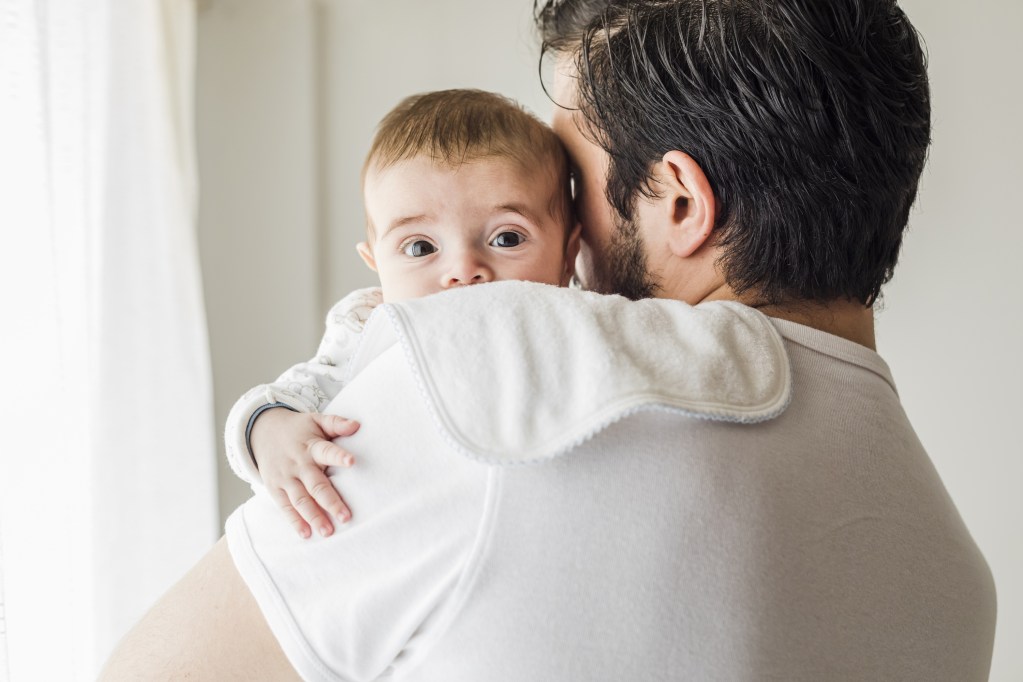
How to burp a baby isn’t always second nature to new parents. Some say it’s an actual talent to gently coax that burp from a little one after feeding before it leads to discomfort, but it’s not that complicated. Once you learn a position that works well for your baby it shouldn’t be difficult to burp them with ease, but there are do’s and don’ts to burping that can help you have success every time.
Why burping is important

When babies eat, they will often swallow air that can cause painful air bubbles in their tiny stomachs, as well as make them feel full, faster. Most adults know the discomfort that comes when they’re feeling gassy, and babies experience the same discomfort, but they aren’t able to get rid of that gas on their own.
Burping your baby helps them to get rid of that gas and alleviate the pain and cramping that goes along with it. It also allows your baby to eat more because the gas can often make them feel full and less interested in eating.
Choose your position

Generally, three positions work well when burping a baby: holding them over the shoulder like pictured above, having them sit on your lap, or having the baby lay across your lap, on their belly. When holding the baby over your shoulder, make sure you’re supporting their head and body and that they’re comfortable.
If you hold them on your lap, have them lean slightly forward as you gently cradle their chin with your hand, and if they’re laying across your lap, make sure their head is slightly higher than their body. With all three positions, you then gently pat your baby’s back until they burp.
You may want to try each position to see which one your baby prefers. If you choose to burp your baby with them sitting on your lap, make sure you’re holding them just under their chin and not near their neck.
How often should you burp baby?

Once you start to get to know your baby, you will learn their cues about when they need to be burped, but until then, experts suggest burping a bottle-fed baby after 2 to 3 ounces of formula, or before you switch breasts, if you’re breastfeeding. If your baby won’t burp, try changing positions to see if that helps.
Some babies need to be burped more than others, depending on how much air they intake as they eat. Breastfed babies often take in less air than those who are fed with formula. Signs of discomfort from gas are pulling their legs up and fussiness.
What not to do when burping a baby

Even new parents will get the hang of burping their baby fairly quickly, but there are a few things to be mindful of to be successful. Firstly, you should always ensure you’re holding your baby properly. When burping your baby over your shoulder, you want to ensure that you’re holding them high enough. Their entire head should be over your shoulder, so their belly is resting on your shoulder. Don’t get frustrated if your baby won’t burb, instead, change their position, and if that doesn’t work, try gently massaging their belly and moving their legs up and down in a bicycling motion.
There are no rules when it comes to burping, so if you feel your baby may be suffering from a bit of gas, take a break to burp them and see if that helps.



